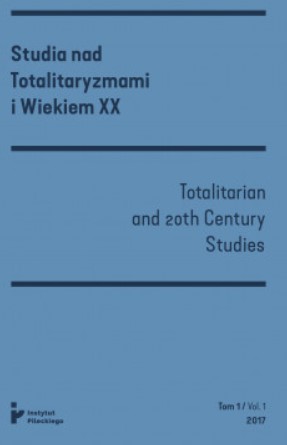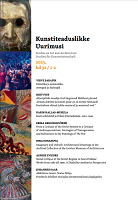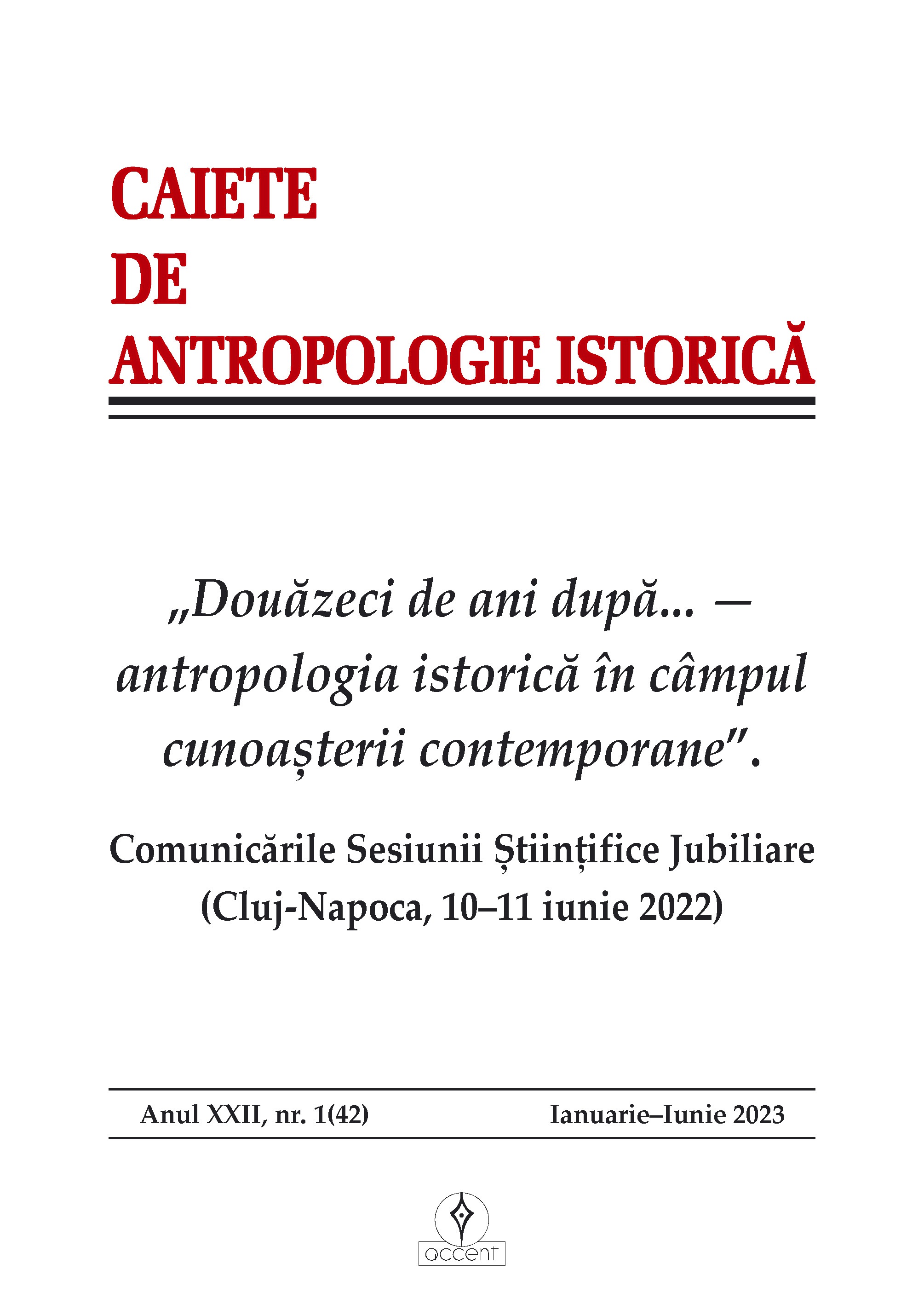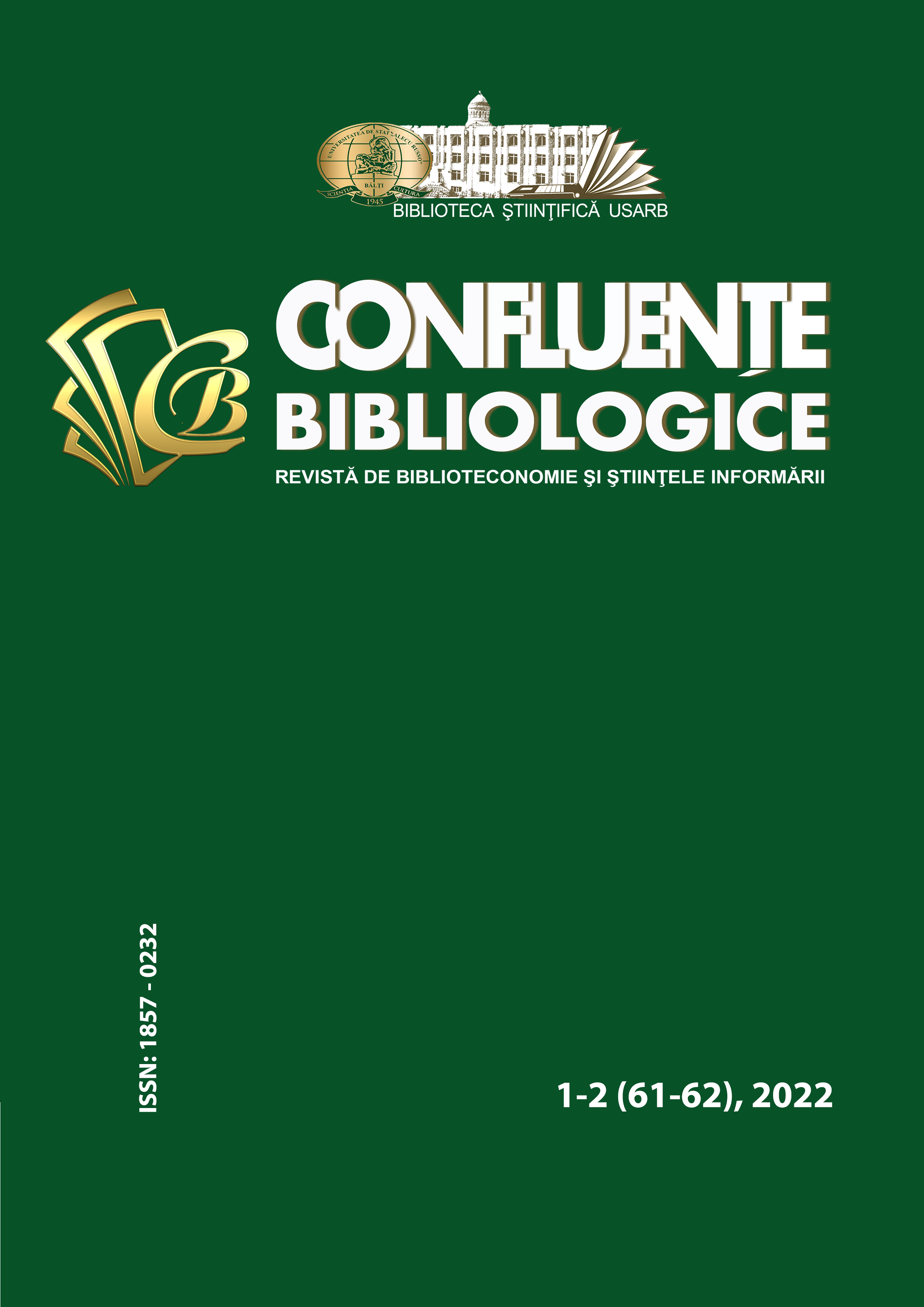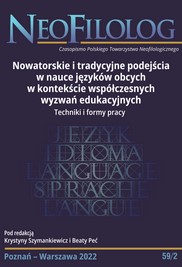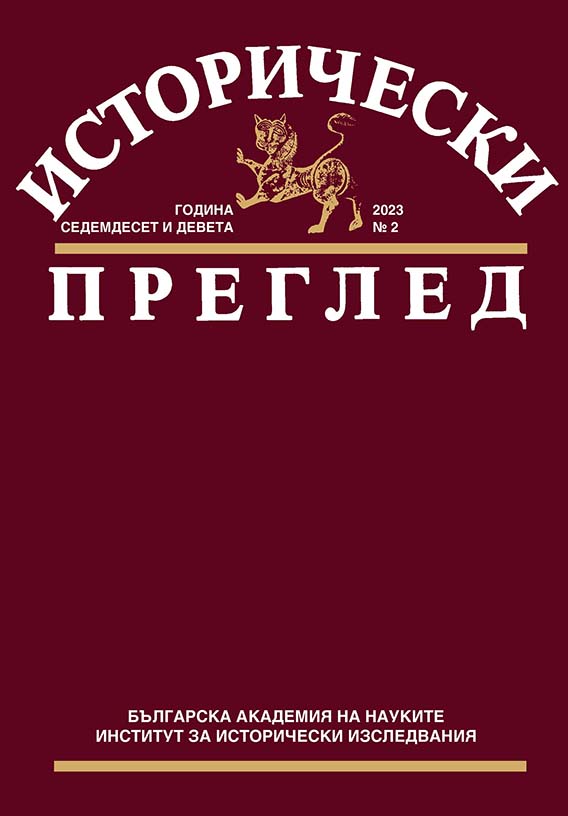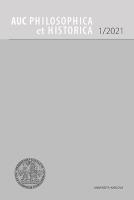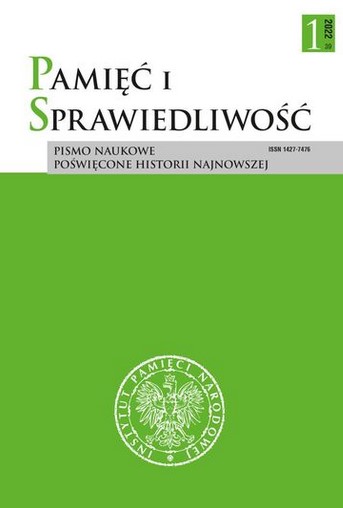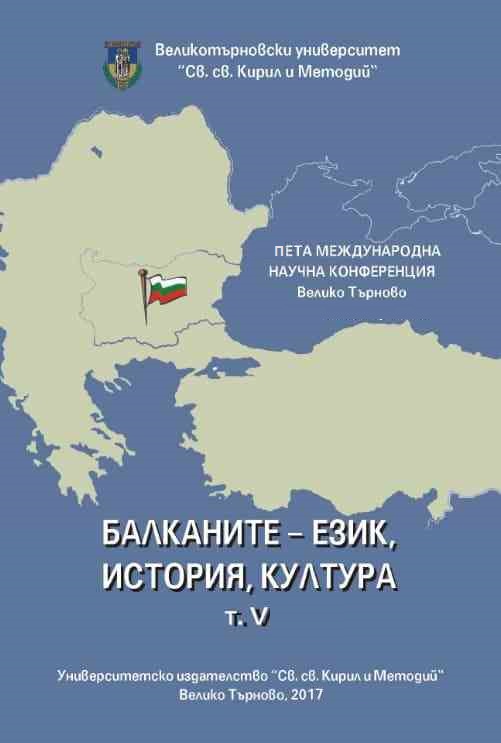
Схващанията в американската преса за държавността на Балканите през междувоенния период
The aim of this paper is to highlight the way in which the United States press looked upon political evolution in the Balkans, between the two World Wars. We try to identify the main concepts through which the U.S. press defined the Balkan statehood and the relations between governments and peoples. Coming from a long distanced society, but one in which respecting rules was at high level for centuries, it is important to see the image cultivated into the American society, by the American press. In many cases, the definitions of this area are not quite satisfactory, the U.S. press frequently mentioning the governmental corruption, the lack of care about people needs, the absolute need for power, the malfunction of the state powers – definitions, which, in our days, are gathered into a single concept: “failed states”.
More...
